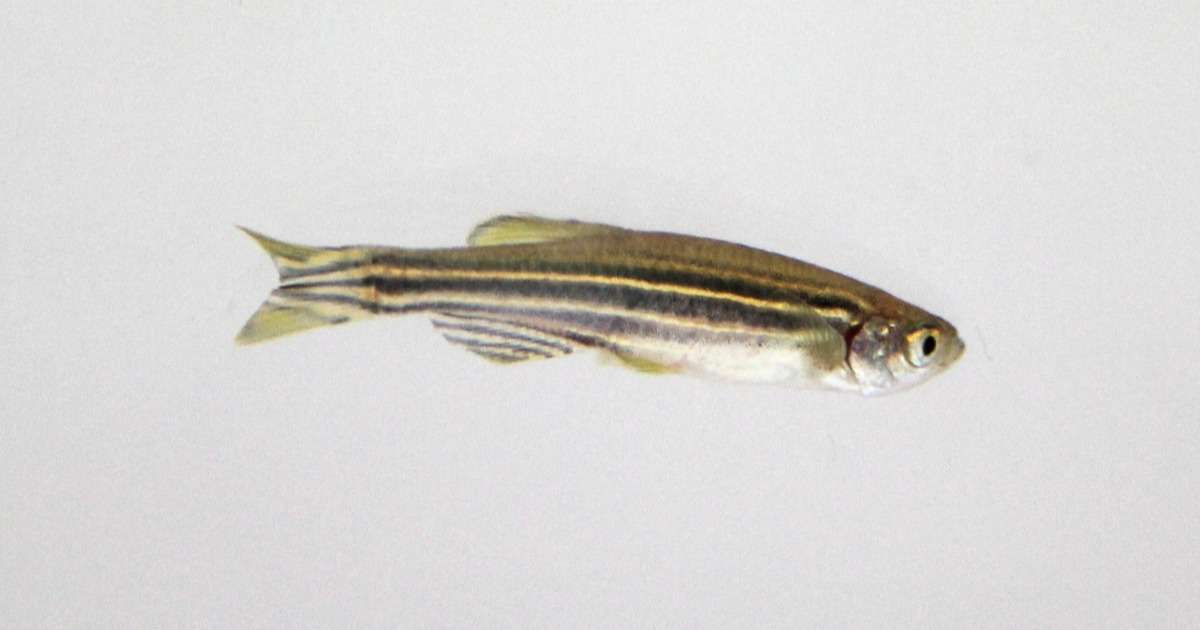
Zebrafish help us to understand neurodegenerative and neuromuscular diseases
Teresa Capriello and colleagues use zebrafish to study the neuronal mechanisms of heavy metals in connection to neurodegenerative and neuromuscular diseases.
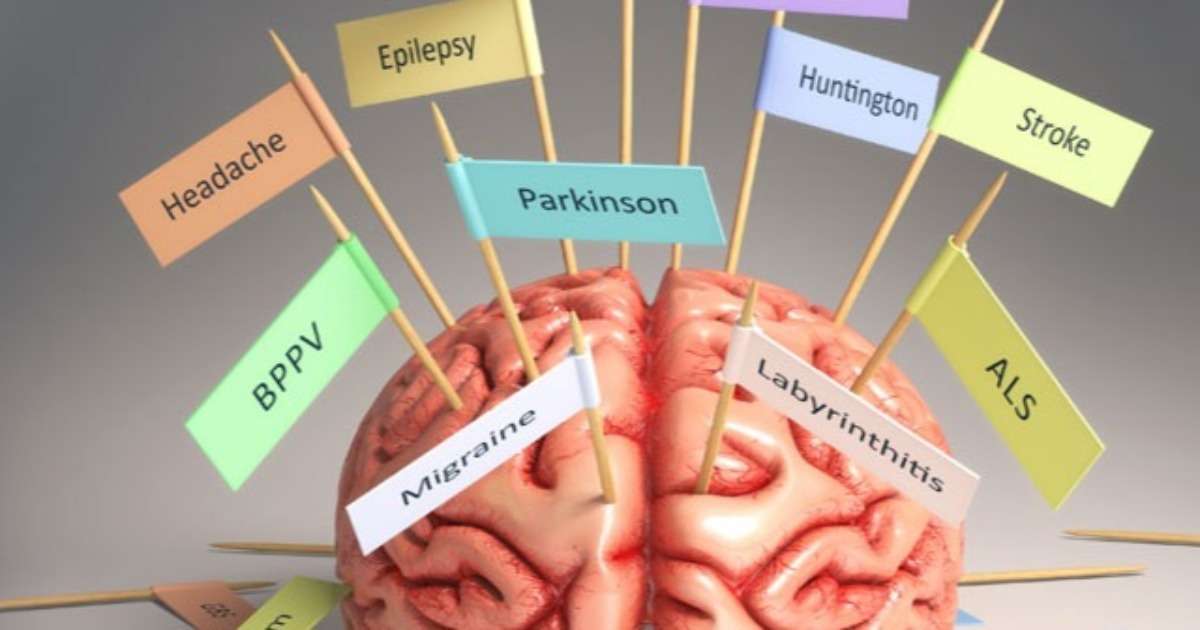
5 blog posts about brain research
During the annual Brain Awareness Week, international attention focuses on the brain to increase public awareness of the progress and benefits of brain research.
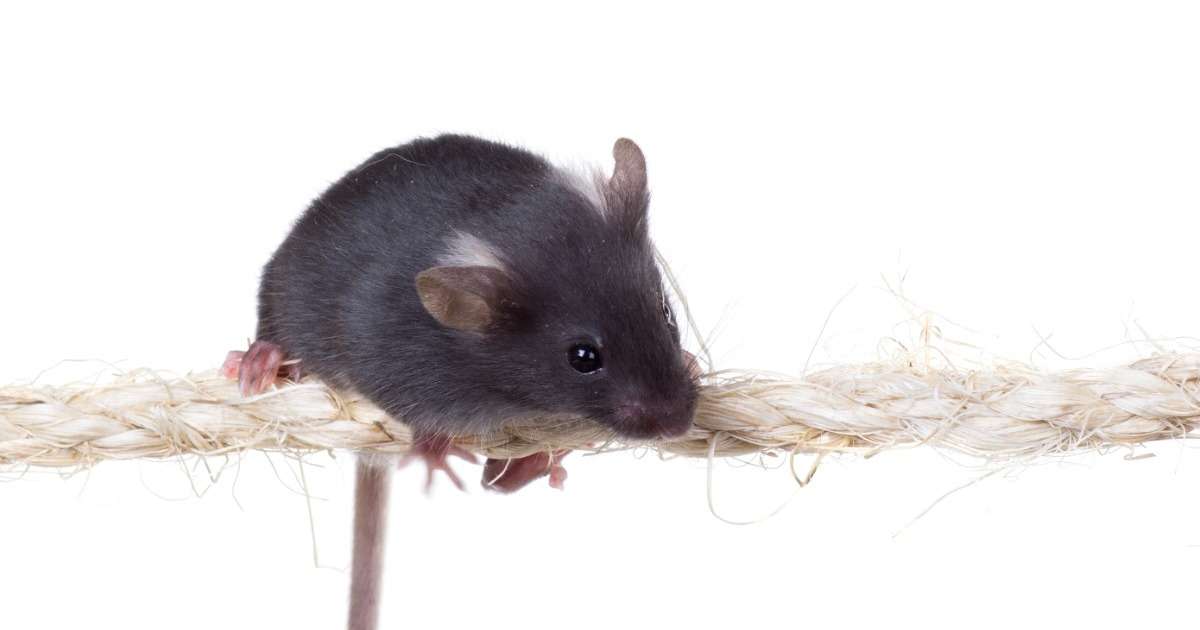
Parkinson's disease research - Relevant measures in pre-clinical studies
Parkinson’s disease: the neurodegenerative disorder that affects mobility in a life-changing way. Learn more about relevant measures in pre-clinical studies.
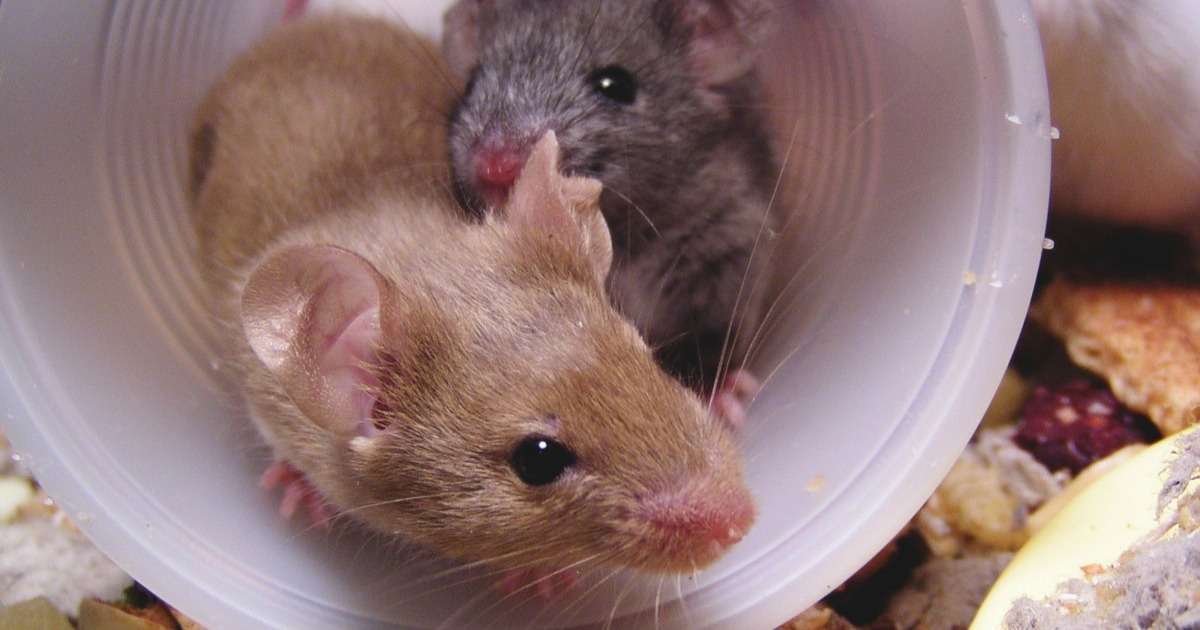
Alzheimer's research - From prevention research to natural treatment
Experts estimate that by 2050, 100 million people will have Alzheimer’s disease (AD), which is a shockingly large number. Learn more about the research that has been done in order to find a cure.
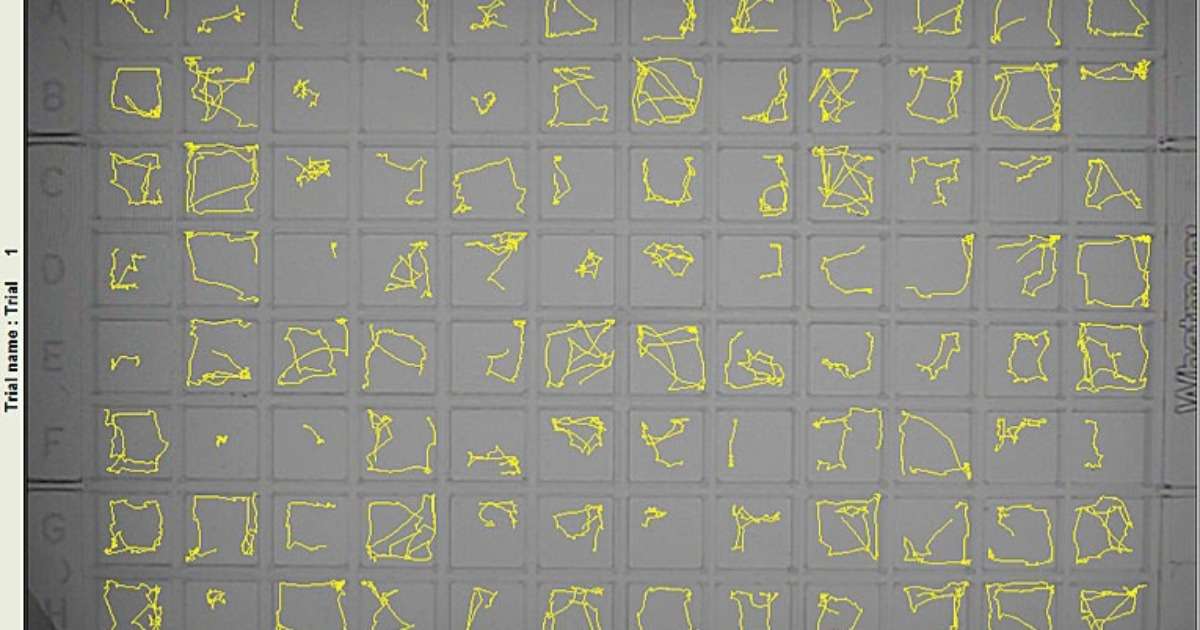
The ultimate list of neuroscience lab software tools
Are you interested in starting a new lab, or perhaps in updating your current lab to its maximum potential? If so, this list of ultimate neuroscience software tools is the place to begin.
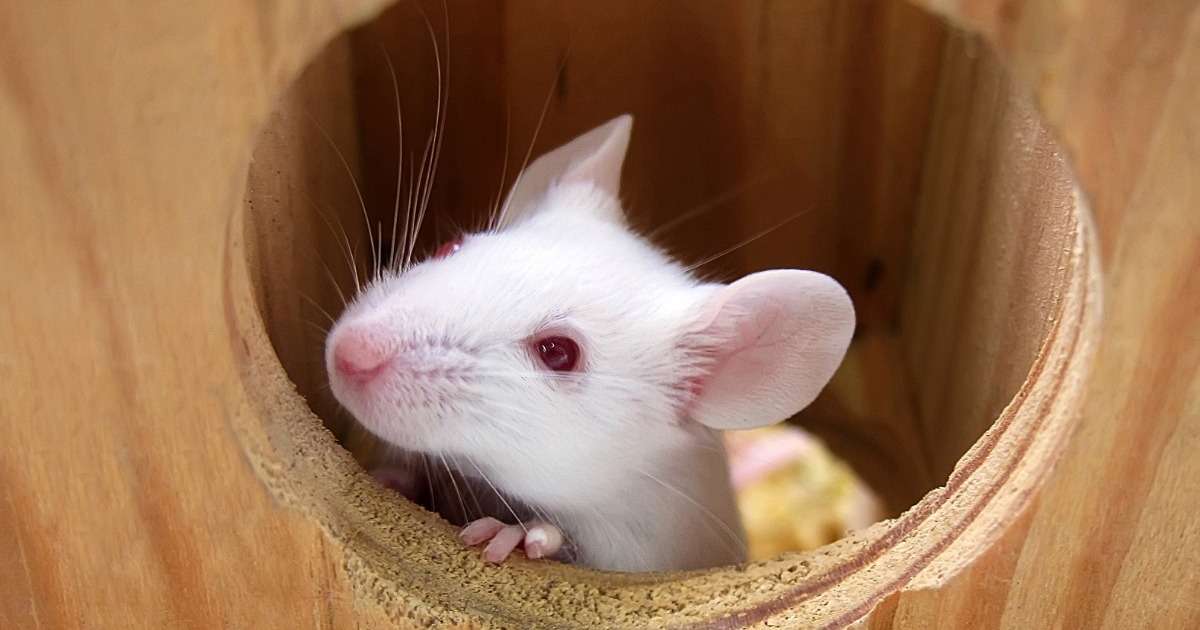
Top 10 Animal behavior research blogs
Let’s start 2019 with looking at the most popular blog posts on animal behavior research from last year. Our top 10 animal behavior blog posts from 2018.

Gait analysis at the PSDL using CatWalk
Our lab studies the Neuronal Ceroid Lipofuscinoses (NCLs) or Batten disease, which are a group of progressive and genetically inherited neurodegenerative diseases that affect children and young adults.
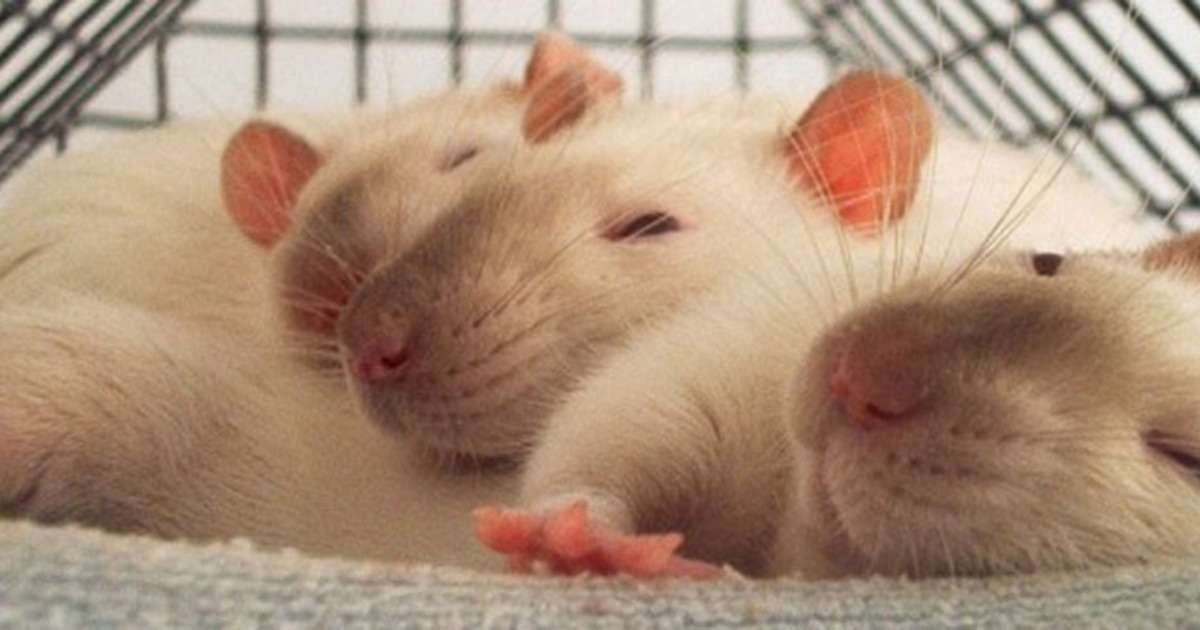
Into the lab: how to monitor rat social behavior
Including social behavior as part of a phenotypic screen has important benefits and eventually leads to better translational value of rodent models.
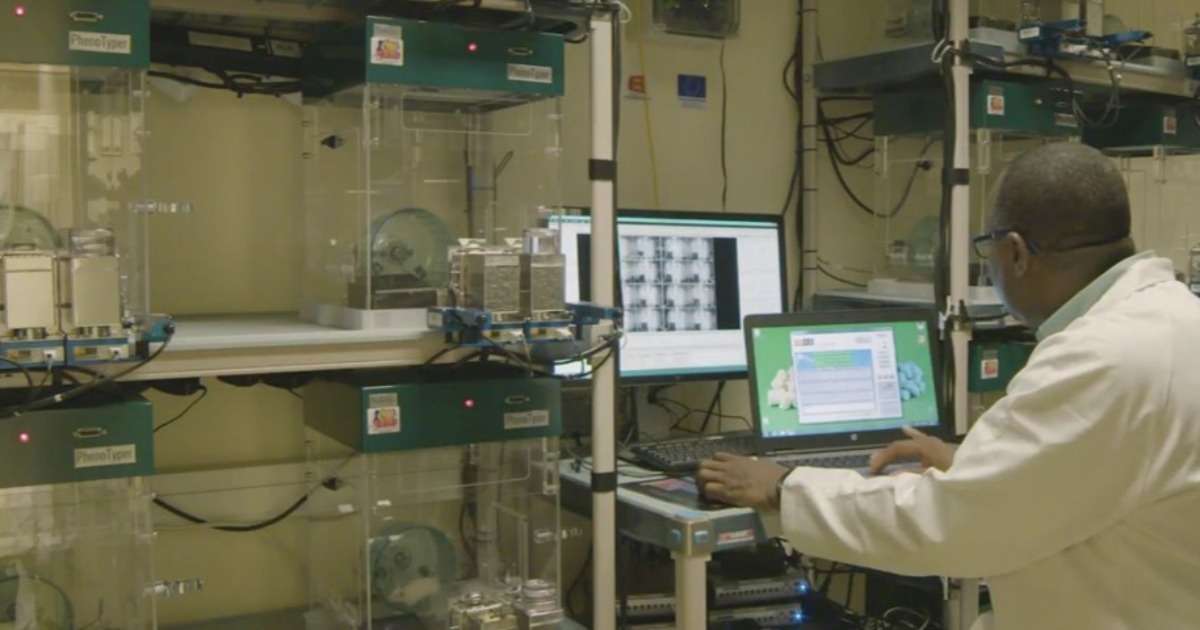
How to characterize behavioral phenotypes in a behavioral analysis facility
Introducing the Behavioral Analysis Facility. Researchers evaluate the behavioral and functional activities of new pharmacological drugs using diverse functional tests. Learn more about their recent projects.

Normalization of blood sugar reduces enhanced rewarding effect of smoking
Why are the rewarding effects of nicotine greater in diabetic rats?
